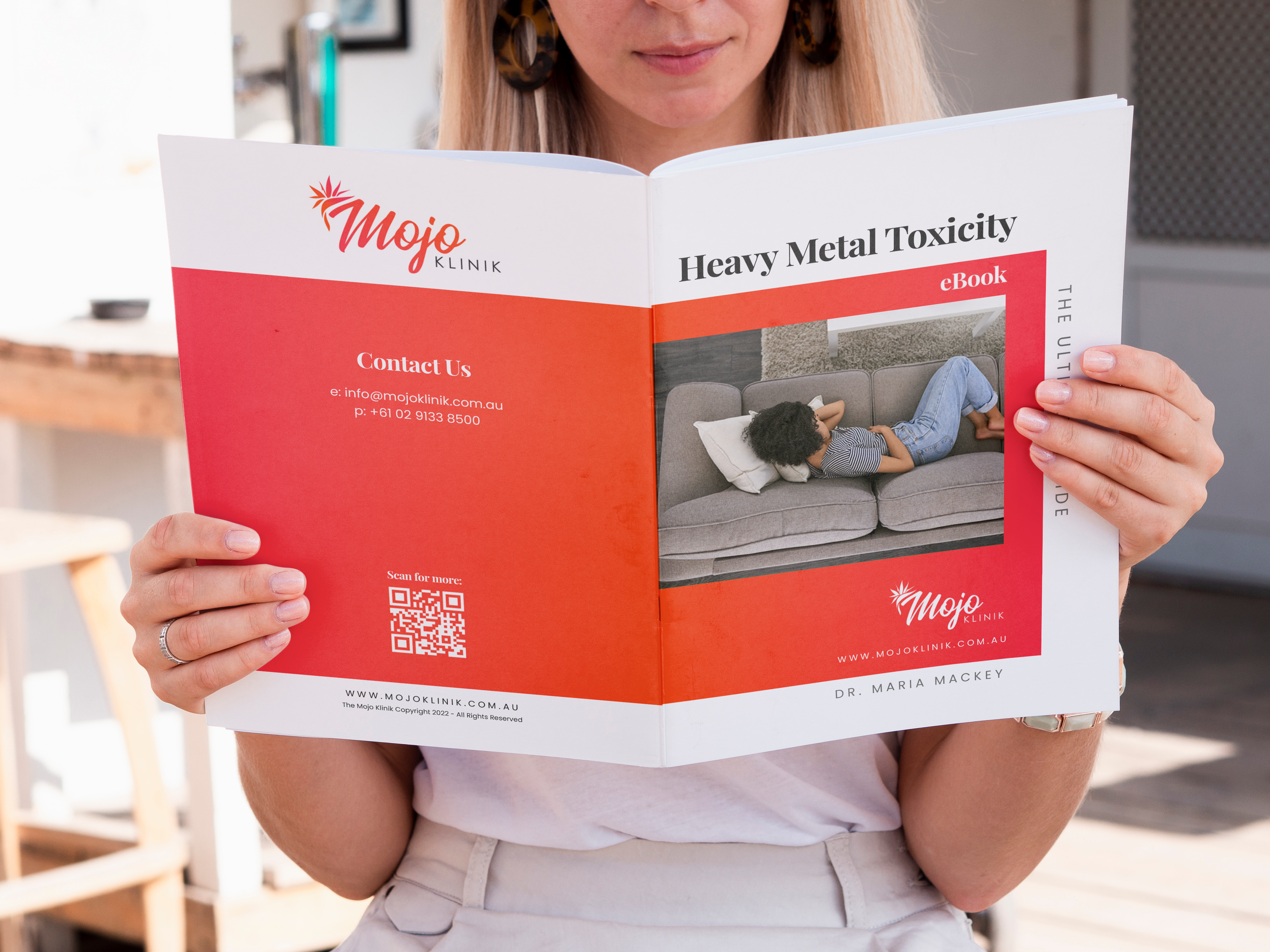Learn More About Heavy Metal Toxicity
Everyone has innate heavy metal defence mechanisms to protect from heavy metal toxicity. However, we don’t always do or have what is required to maintain these buffers. Hence, the toxic burden starts to accumulate and can subsequently overwhelm one’s ability to simply stay healthy.
Heavy metals include mercury, lead, arsenic, etc. and are readily around us. They are in the water we drink, the food produces we consume, the ground we walk on, and even in the products we use every day. Though they vary in available quantity, high levels of almost all heavy metals can make one sick.
Heavy metals, which include Arsenic, Cadmium, Copper, Iron, Lead, Mercury, Zinc, etc. have been grouped based on their higher density or atomic weights. Although not all heavy metals are harmful, the body needs some small amounts of these metals for healthy living like copper and iron. Nevertheless, one must be careful to avoid heavy metal toxicity.
What is Heavy Metal Toxicity?
Heavy metal is any metallic element that has a relatively high density. There are 23 known heavy metals, which include zinc, selenium, copper, and manganese. They are nutritional minerals but are needed only in small quantities in order to maintain good health. They can be toxic in large amounts.
However, heavy metals like lead, cadmium, mercury, and arsenic are toxic even in small amounts. Once these metals accumulate in the body they are not easily removed or flushed out from the body. They get stored in the body tissues and contribute to nutritional deficiencies, causing serious health issues.
Heavy metal toxicity affects the nervous system, immune system, brain, kidneys and reproductive system where they can disrupt normal functioning. Heavy metal toxicity can produce a wide range of symptoms including:
- fatigue
- headaches
- migraine
- anxiety
- weight loss or weight gain
- thyroid issues
- mental instability
- depression
- high blood pressure
- rapid heart rate
Treating Heavy Metal Toxicity
Heavy Metal Toxicity can be treated using IV Chelation Therapy. This treatment is designed to bind to heavy metals and allow them to be passed as urine.
Find out more

















